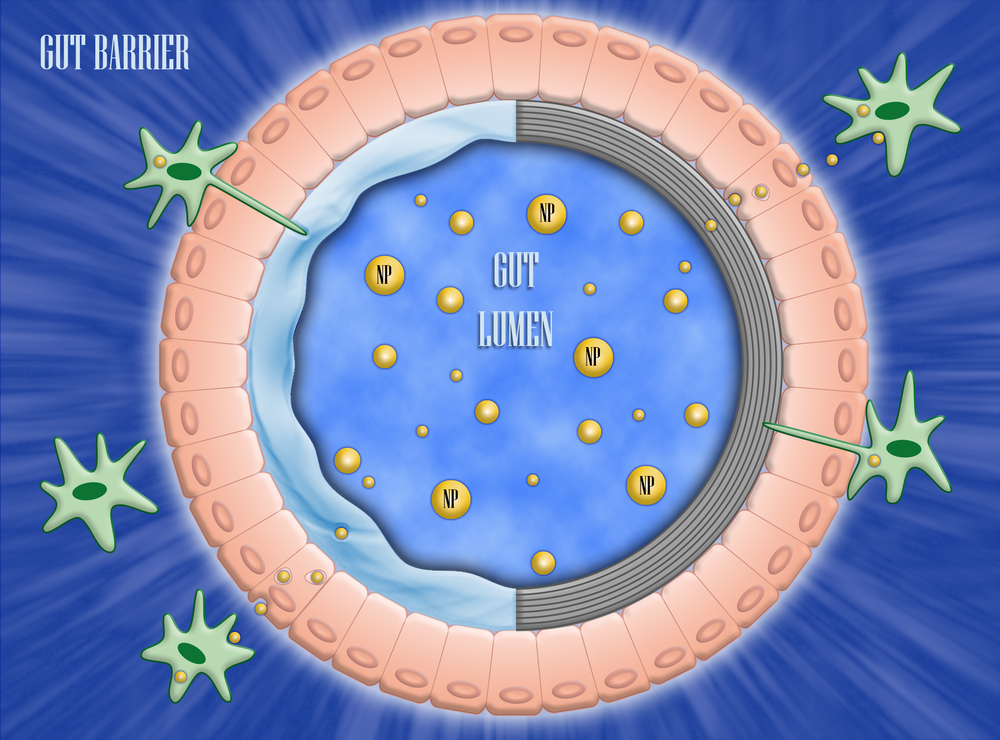New NanoFASE research: А scientific insight on the impact of nanomaterials on living species
An international team of scientists publishes the first ever study on the impact of engineered nanoparticles (ENMs) on living organisms. The research featured in the journal Environmental Science: Nano is part of the outcomes of the 4-year Horizon 2020 funded project NanoFASE.
One of the main objectives of the study was to determine whether the guts of invertebrates and vertebrates shutter the effects of the nanoparticles. Results revealed that the digestive system of a great number of species is acting as a barrier to potentially damaging particles.
However, there were some exclusions, for example earthworms have specialized roving cells within their guts which can absorb ENMs.
According to the newly published research, this process of absorption of ENMs by invertebrates in not present in humans and other vertebrate animals, nevertheless, the possibility for nanoparticles to pose a negative effect on the food chain is still present.
By relying on already existing and newly contributed data on the topic, the NanoFASE project has been able to fill in some of the knowledge gaps in regard to the fate of ENMs, by providing a pioneering overview on how the gut structure of the animal kingdom reacts to the impact of man-made nanoparticles and what precautions can be taken.

